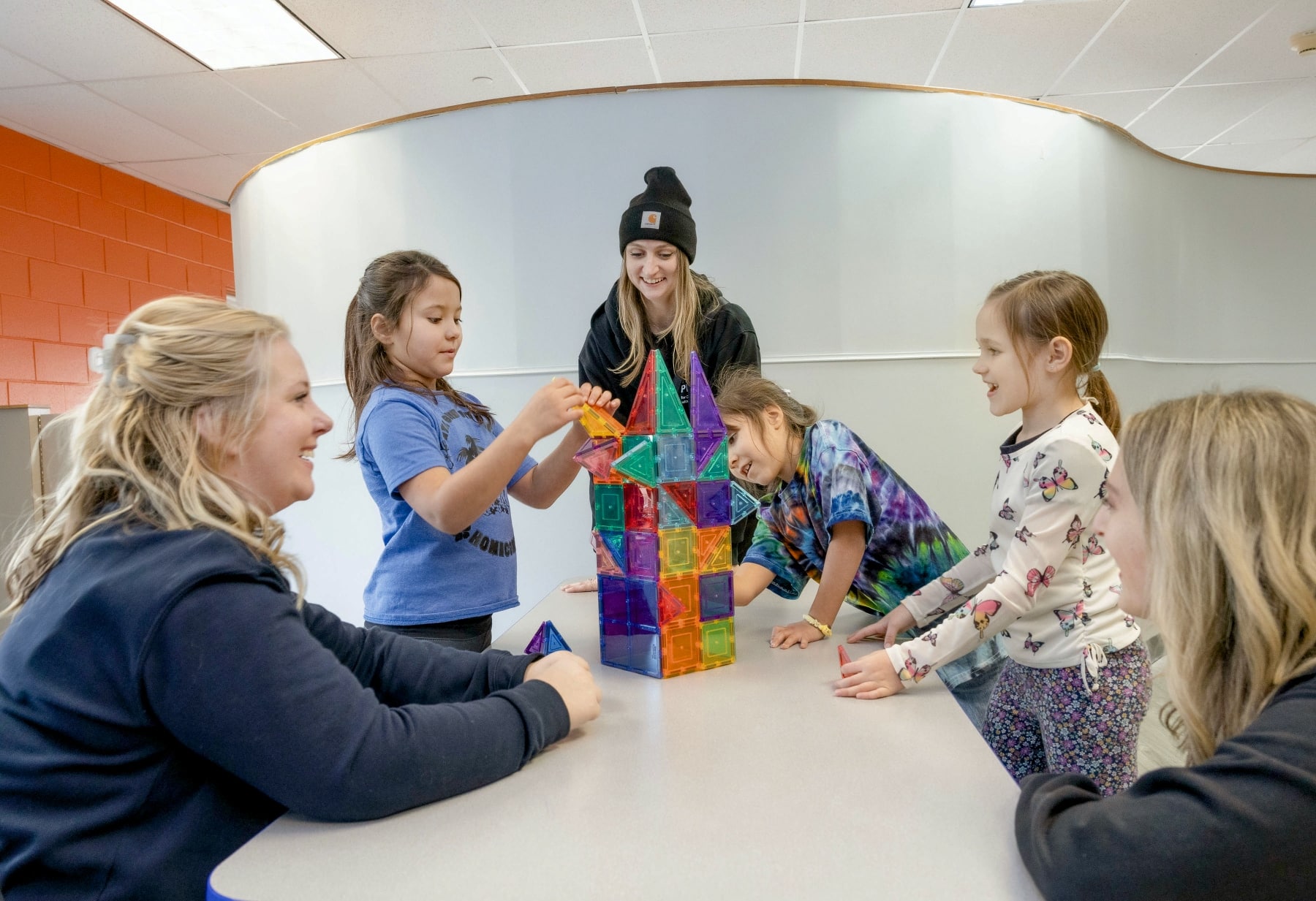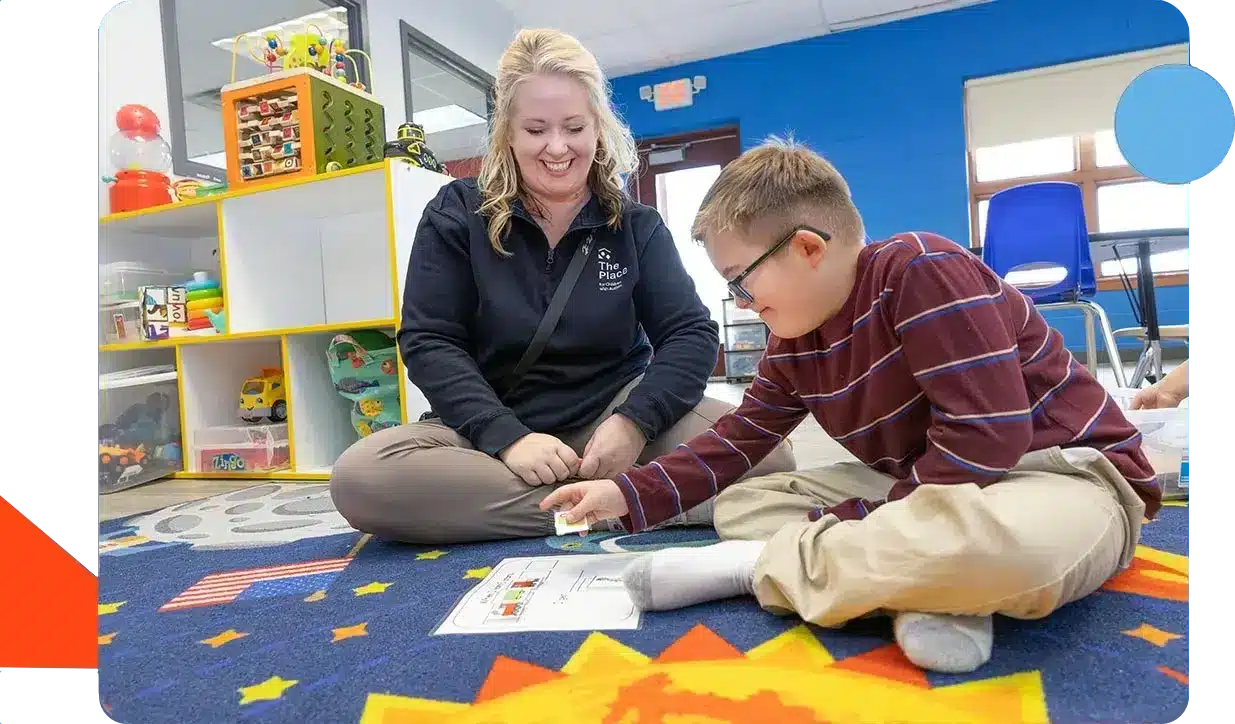
We’re Not a “One-Size-Fits-All” Autism Therapy Center
Every child is unique. We customize our treatment to meet the needs of your little one.
Harnessing Early Developmental Years for Lifelong Success
Our ABA therapy supports children during those crucial early years to prepare them for school success.

Core Services
Social Skills & Communication
Independent and group peer play, turn-taking and sharing, social cues and social problem-solving
Independent Living Skills
Potty training, dressing, toothbrushing, self-advocacy
Speech Therapy
Speech-language pathologists help children express themselves, connect with others, and participate in the world around them
Behavior Therapy
Reduce challenging behaviors and teach positive replacement behavior
School Readiness Skills
Participation in daily activities, following instructions, independent task completion, transitioning between activities
Safety Skills
Danger awareness, street and car safety, and more
Who We Are:
Chicagoland’s Trusted ABA Therapy Provider
At The Place, we’re more than just an ABA therapy practice – we’re a team dedicated to providing the highest quality care to your family. We’re proud to deliver the expertise and resources of a national company to our local communities across Chicagoland.
Our Approach to Autism Therapy
Our goal is to equip children with key skills, helping set the course for independence, fulfillment and happiness in life’s journey.
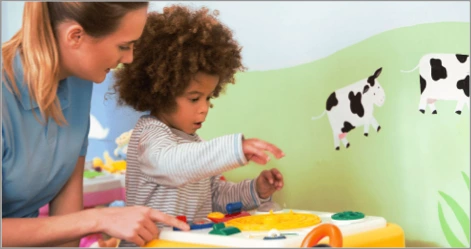
Holistic, Integrated Treatment
Our expert team provides one-on-one ABA therapy and can help coordinate additional treatments such as speech, occupational therapy, and physical therapy under one roof! That way, you can skip the stress of juggling multiple appointments and focus on your child’s progress. Learn more about autism therapy at The Place.
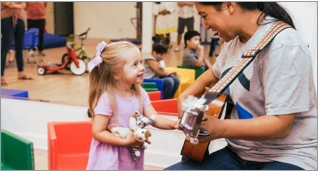
Full-time, Center-based Care
With centers in Chicago and throughout Illinois, we provide one-on-one ABA therapy combined with group activities in a preschool-like environment. This ensures your child learns the skills needed to succeed in school and beyond. Get in touch to tour a center near you. View locations.

Client Account Family Support
We’re here to support you, too. We work with our families each step of the way, from finding financial assistance opportunities to developing a personalized care plan. Additionally, we provide ongoing family training sessions to ensure you are empowered to support your child as they transition into school. Learn more about our client account family support services.
Recognized for excellence in autism therapy
ABA Therapy
ABA Therapy
Need a Diagnosis?
To begin any type of autism therapy, a formal evaluation and diagnosis of autism spectrum disorder (ASD) is required. If your child has not yet received an evaluation, we will connect you with a qualified provider to get an appointment with little to no wait.
Not ready? Complete an autism screening test to find out if further evaluation is needed.
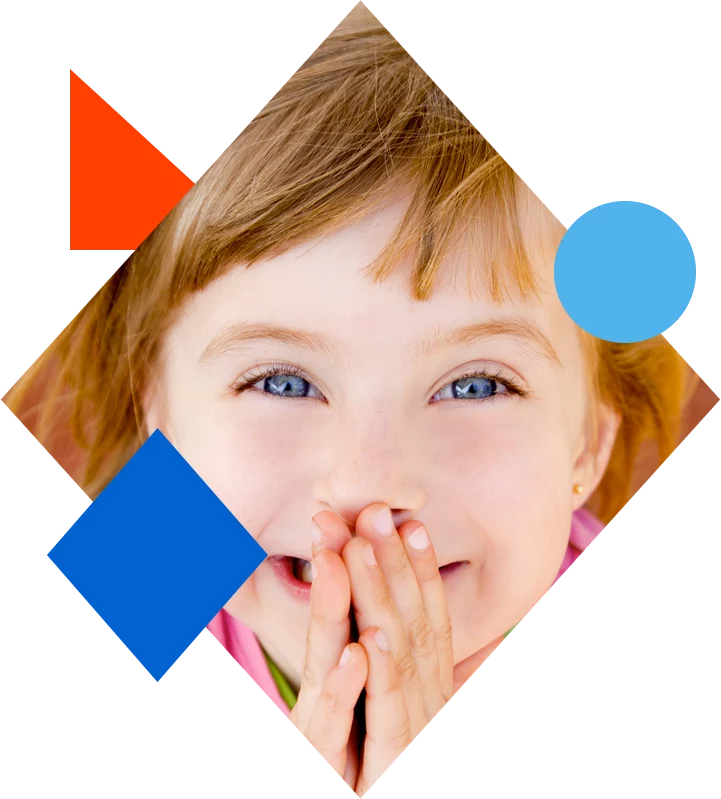
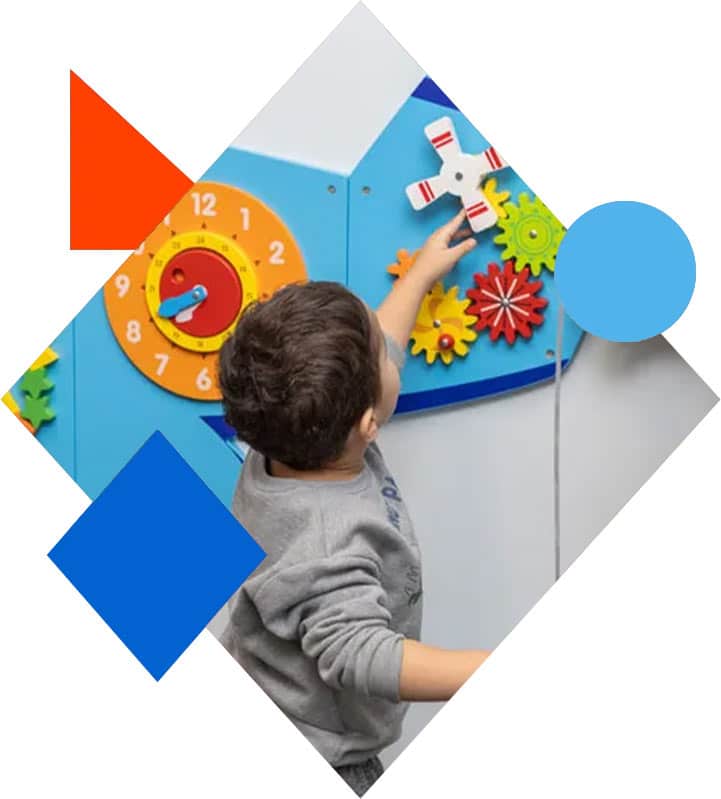
FAQs
What is ABA therapy?
ABA therapy, or Applied Behavior Analysis, is a research-backed approach that helps people with autism learn new skills to live more fulfilling lives. It works by understanding how behavior is influenced by the environment and using positive reinforcement to encourage healthy actions. It is research-based, data-driven, and a proven, effective therapy option for reducing challenging behaviors while improving communication, social, and independent living skills.
Will my child retain their individuality?
Yes! Our team is committed to providing care that is focused on reinforcement, not punishment. The quality of ABA therapy can vary greatly depending on the practitioner’s training philosophy. At The Place, all our clinicians follow a strict code of ethics and are dedicated to your child’s happiness and success. We focus on building skills in a school-like environment that encourages natural play, friendships, and other enriching activities that strengthen their individuality, not diminish it.
Is ABA therapy effective?
ABA therapy is widely recognized as effective for teaching skills and reducing challenging behaviors. ABA therapy is endorsed by the American Medical Association, American Academy of Pediatrics, and the U.S. Public Health Service. Additionally, it is the only evidence-based therapy recognized by the U.S. Surgeon General and the National Institute of Mental Health for treating autism.
Long-term improvement in quality of life depends on several factors, such as parental involvement, the expertise of practitioners, and the consistency of treatment. At The Place for Children with Autism, 95% of our surveyed parents agree or strongly agree that their family’s quality of life has improved since their child began treatment (industry average: 84%). We are committed to promoting long-term results with individualized care and consistent monitoring.
Will insurance cover ABA therapy?
Illinois requires commercial insurance plans to cover ABA therapy! Currently, we accept:
- Blue Cross Blue Shield
- Anthem Blue Cross Blue Shield
- Northshore
- Medicaid and HealthCare.gov
- Health Alliance
- ComPsych
The amount of coverage depends on your specific plan and benefits. We know navigating costs can be overwhelming. Our Client Account Family Support team will work with you to assess insurance coverage, calculate out-of-pocket costs, and find financial assistance opportunities.
How involved will I need to be?
Parents play a crucial role in ABA therapy because they help reinforce the skills and strategies learned during therapy in real-life settings. We require families to attend parent training meetings once a month to discuss progress, address concerns, and teach basic ABA principles to support your child’s development.
We understand that the time commitments of ABA can be stressful. Our parent and caregiver training is designed to ultimately make treatment smoother down the road.
Not ready? Complete an autism screening test to find out if further evaluation is needed.
Getting Started
Meet our staff and tour a center
Schedule a tour of a center near you and meet the team who will be supporting your child. We’re happy to show you around and answer any questions you may have. View locations.

Insurance & Financial Assistance
We’re here to help make autism therapy affordable. Our dedicated staff will help you navigate insurance, calculate out-of-pocket costs, and connect you with additional financial assistance opportunities. Learn more about how to pay for autism therapy.
Enrollment
Our goal is to make enrollment as easy and stress-free as possible so you can focus on your child’s care. Schedule a meeting with our expert clinicians to discuss your child’s needs, set goals, and develop a customized treatment plan. Contact us using the form below to get started.
